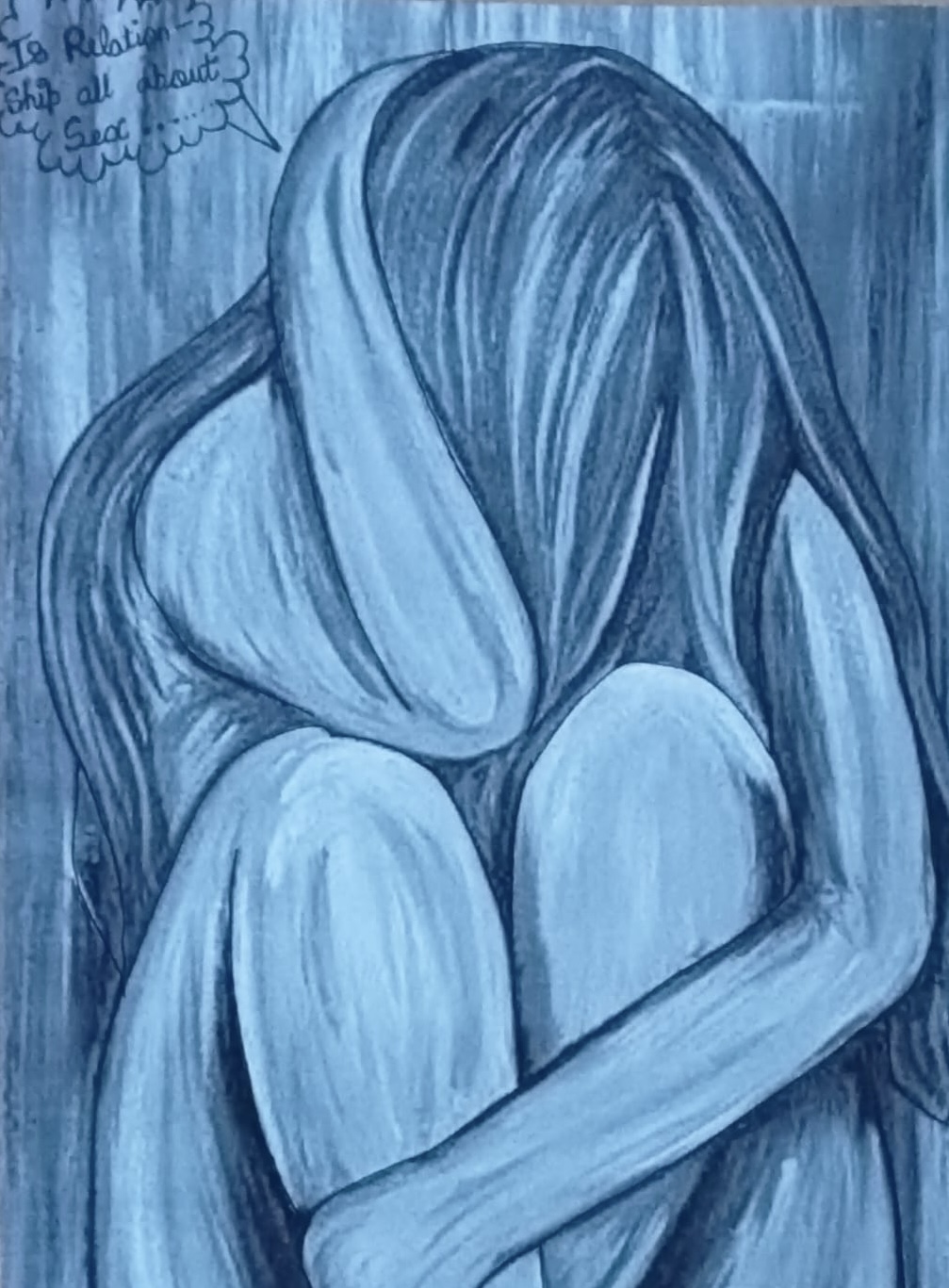RUCHI SAINI
I am a Ph.D. candidate in the International Education Policy program at the University of Maryland, College Park. I come from the north Indian state of Haryana, and my scholarship is deeply rooted in my lived experience as an educator and administrator across K-12 schools in India. My research investigates the structural and cultural determinants of gender-based violence in formal education spaces, especially within the post-colonial contexts of South Asia and Africa. My work uses an anti colonial and antiracist approach to researching the lived experiences of marginalized students within formal education spaces. I am particularly interested in the use of arts-based methodologies to study sensitive research topics via collaboration b/w the researcher and the researched. I graduated with a Master’s in English literature from the University of Delhi (India), where I was a gold medalist, and a Master’s in Education from the University of Glasgow (Scotland), where I was a Chevening fellow.


Sketch by a research participant
About the sketch and the artist
The artist is a third year undergraduate student at the Indian University (site of my dissertation study) who participated in an art-based narrative interview with me (Step-2 of data collection). A self-identified victim survivor of GBV, the student was stalked and threatened by a male classmate for six months. When her parents got to know about it, she was forced to drop out of college and had to move back to her native state, Rajasthan. At home, she was constantly chastised for bringing dishonour to her family, and experienced severe physical abuse . Given below is an excerpt from the interview:
“I painted this because in our society, the only and the foremost culprit is the girl, be it from the eyes of our friends, our family, our partner, and not to be forgotten, the so called “society”. Even parents fail to understand their child because of the fear of the society and choose to stay quiet, no matter how hard times their child is going through”